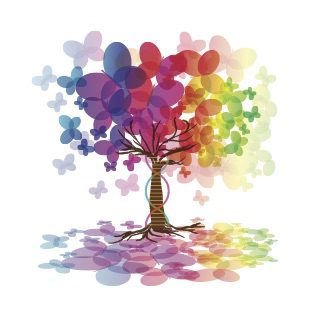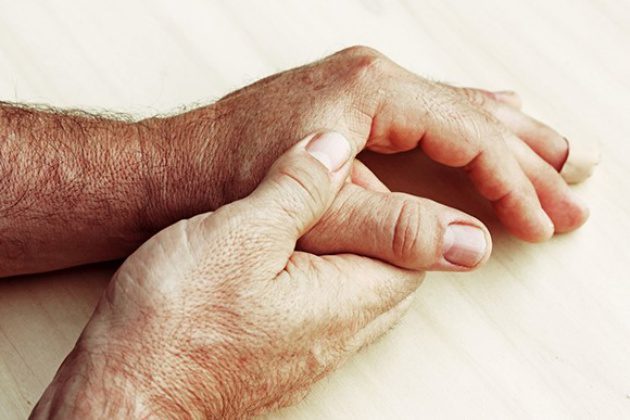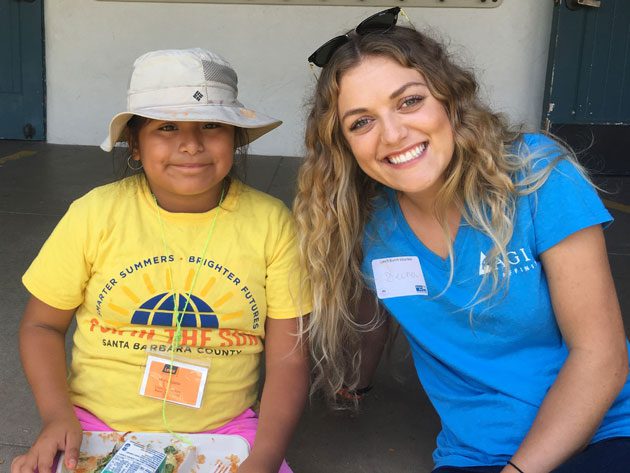By Sheila Benedict
Contributing Writer
We are all living in strange times right now and for many working on a family history is either the first or the last thing anyone has on their mind. No question, the only resource available to us at this time is whatever might be online.
Depending upon what is needed and where it is located, that choice could be problematic as well. It might not be easy because many repositories are closed and when you send a message, it could take time to get a response.
However, genealogists are used to waiting for a vital record, a return call or email, or a chance to travel to a cemetery, library, or hometown.
That will have to wait as we need to focus on our health and the health of everyone around us. If someone in your family or a friend is ill, attempting to concentrate on your history is not at the top of anyone’s list, nor should it be.
Last month I mentioned, because of their work gathering millions of records from all over the world, an excellent resource is the Church of Jesus Christ of Latter-day Saints. Those records are available, where there are no privacy restrictions, at the main Family History Library in Salt Lake City, Utah; centers located at most, if not all, of their churches; and some auxiliary sites such as genealogical society libraries. However, at this time, all facilities are closed.
The good news is that familysearch.org, which has millions of records digitized, is an online site and does not charge, you just need to sign up and renew every two weeks. Where else will religious records, and others, be located? Free sites, no membership needed, such as the National Archives, state archives, religious archives and local churches, genealogy societies, university and public libraries, county courts and record offices. For some a library card is necessary and all will charge for a document.
There are paid sites such as Ancestry.com, FindMyPast.com, Newspapers.com, and others; also, patriotic societies such as Daughters of the American Revolution (DAR), Sons of the Revolution (SAR), Daughters of Union Veterans (DUV) and pioneer societies in many states.
It is important to stress that many records have privacy restrictions and difficult, if not impossible to access. Most, if not all, have websites and/or blogs and a lot have social media sites. All of this is true for repositories in other countries too.
Webinars cover the records and methodology a genealogist needs. Most require a membership although some let you watch at no charge but handouts are only for members. The good news is that in time many of the facilities will reopen.
While waiting for that, it is a great time to organize your work, get your research log updated, and prepare what you can from online sources so you are ready to go, when opened, to a repository or visit a hometown. It will happen – just be safe and follow the guidelines. The more of us who do, the quicker researching will return to the way it was.
Sheila Benedict is a professional forensic and family genealogist. She is the author of “Research in California,” which she wrote in 2015 for the National Genealogical Societies Research in the States Series and writes articles in a variety of genealogical society newsletters and magazines.





